Search the Special Collections and Archives Portal
Search Results
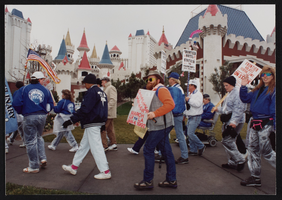
Beginning of the Las Vegas to Los Angeles Solidarity March, Culinary Union, Las Vegas (Nev.), 1992 January (folder 1 of 2), image 23
Date
1992-01
Description
Arrangement note: Series I. Demonstrations, Subseries I.B. Other Demonstrations and Strikes
Image
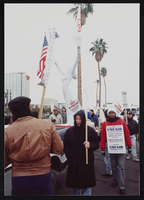
Photographs of Beginning of the Las Vegas to Los Angeles Solidarity March, Culinary Union, Las Vegas (Nev.), 1992 January (folder 2 of 2), image 1
Date
1992-01
Description
Arrangement note: Series I. Demonstrations, Subseries I.B. Other Demonstrations and Strikes
Image
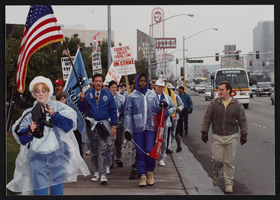
Photographs of Beginning of the Las Vegas to Los Angeles Solidarity March, Culinary Union, Las Vegas (Nev.), 1992 January (folder 2 of 2), image 2
Date
1992-01
Description
Arrangement note: Series I. Demonstrations, Subseries I.B. Other Demonstrations and Strikes
Image
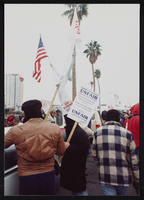
Photographs of Beginning of the Las Vegas to Los Angeles Solidarity March, Culinary Union, Las Vegas (Nev.), 1992 January (folder 2 of 2), image 3
Date
1992-01
Description
Arrangement note: Series I. Demonstrations, Subseries I.B. Other Demonstrations and Strikes
Image
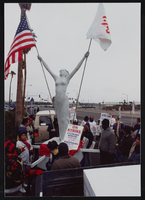
Photographs of Beginning of the Las Vegas to Los Angeles Solidarity March, Culinary Union, Las Vegas (Nev.), 1992 January (folder 2 of 2), image 4
Date
1992-01
Description
Arrangement note: Series I. Demonstrations, Subseries I.B. Other Demonstrations and Strikes
Image
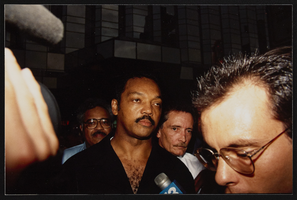
Jesse Jackson rally, Culinary Union, Las Vegas (Nev.), 1991 October 11 (folder 6 of 7), image 22
Date
1991-10-11
Description
Arrangement note: Series I. Demonstrations, Subseries I.B. Other Demonstrations and Strikes
Image
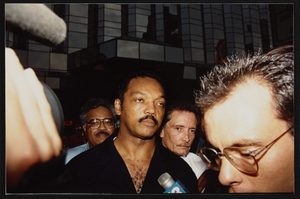
Jesse Jackson rally, Culinary Union, Las Vegas (Nev.), 1991 October 11 (folder 6 of 7), image 23
Date
1991-10-11
Description
Arrangement note: Series I. Demonstrations, Subseries I.B. Other Demonstrations and Strikes
Image
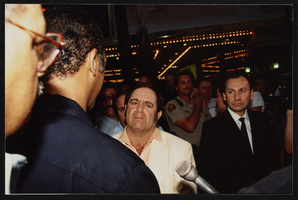
Jesse Jackson rally, Culinary Union, Las Vegas (Nev.), 1991 October 11 (folder 6 of 7), image 24
Date
1991-10-11
Description
Arrangement note: Series I. Demonstrations, Subseries I.B. Other Demonstrations and Strikes
Image
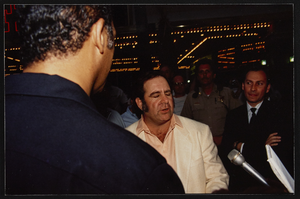
Jesse Jackson rally, Culinary Union, Las Vegas (Nev.), 1991 October 11 (folder 6 of 7), image 25
Date
1991-10-11
Description
Arrangement note: Series I. Demonstrations, Subseries I.B. Other Demonstrations and Strikes
Image

Jesse Jackson rally, Culinary Union, Las Vegas (Nev.), 1991 October 11 (folder 6 of 7), image 26
Date
1991-10-11
Description
Arrangement note: Series I. Demonstrations, Subseries I.B. Other Demonstrations and Strikes
Image
Pagination
Refine my results
Content Type
Creator or Contributor
Subject
Archival Collection
Digital Project
Resource Type
Year
Material Type
Place
Language
Records Classification
